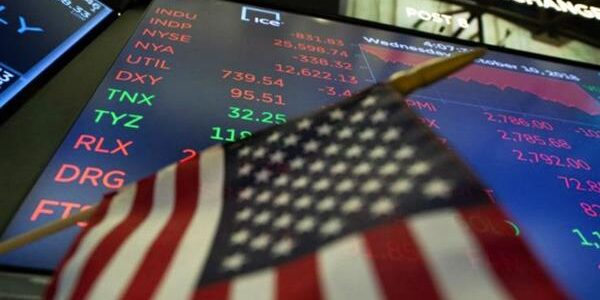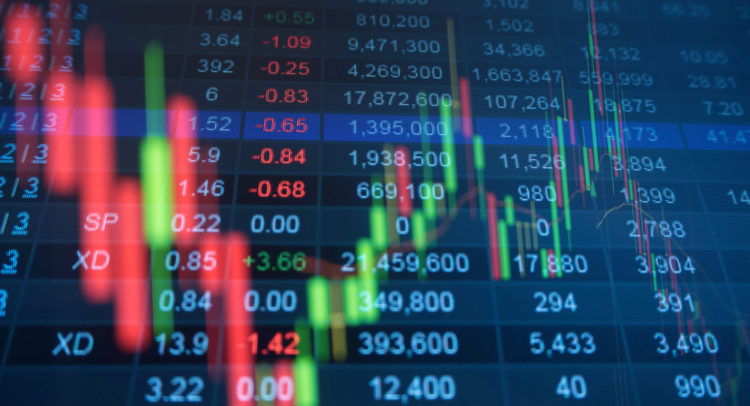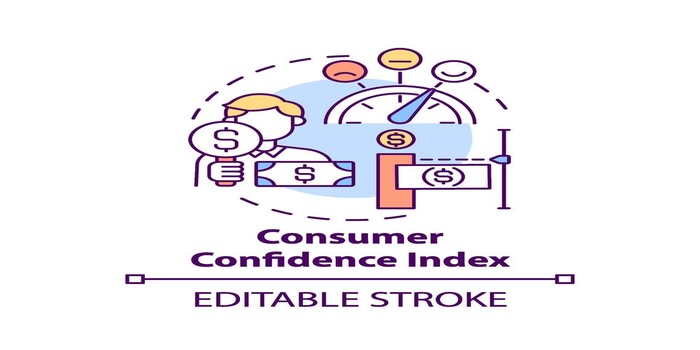Introduction
In a futures contract, the buyer and seller have committed to transacting at a predetermined price and date. The asset's value here is pegged to that of a stock market index. However, index futures contracts are not physically delivered at the time of expiration. Daily cash settlement requires investors and traders to fork over or receive the difference in value daily. Stock Index Futures have multiple applications, including speculation on the direction of the underlying index or market and protection against future losses.
Understanding Index Futures
Indices are used to monitor the performance of various markets and asset classes. Futures contracts are a type of derivative that binds buyers and sellers to a specified date and price for the underlying asset. Traders who enter an index future are legally bound to buy or sell a contract based on a stock market index by a specific date at a specified price. Index futures, also known as stock or equity market index futures, work in the same way as any other type of futures contract. Investors are entrusted with the authority and duty to deliver the contract's cash value, which is based on an underlying index, at a predetermined future date and price.
The trader must hand over the cash value upon expiration unless the contract is offset before the end. Futures contracts on an equity index are used by investors to protect themselves from, or make bets on, potential price fluctuations in that index. S&''P 500 Index, for instance, follows the stock prices of 500 of the largest publicly traded companies in the United States. Futures contracts on the S&''P 500 could be bought and sold by investors to protect against or profit from swings in the index's value.

Pros Explained
Futures' main benefits can be summed up in two words: low price and a high potential for profit on speculation.
Speculation Possibilities
They have more room for error in predicting stock prices' future directions. You don't have to own the stocks that make up the index that the futures contract is based on to take advantage of the 24-hour, regulated trading in securities available to you. Trading expenses of Stock index futures contracts can be purchased for a fraction of the price of the stocks comprising the underlying index. Investing $248,000 in a fund that follows the S&''P 500 Index at $2,480 per share would yield 100 shares. A lot of money could be saved by purchasing one S&''P 500 futures contract instead of 100 individual index shares.
Cons Explained
Trading in futures carries a high level of risk and requires a liquid capital account, both of which can be problematic.
Exposure to Leveraged Risks
The high volatility of buying and selling index futures contracts is one of the investment strategy's drawbacks. High leverage levels make it simple to lose everything in a down market.
Cash and Margins
When trading stock index futures, there is a single most crucial factor to remember. You must keep funds in a margin account at a brokerage firm to participate in trades. Your broker will contact you to request that you replenish your margin account if it gets too low. One term for this situation is the "margin call." You could quickly find yourself in severe financial trouble if you don't have enough cash to maintain a healthy margin account balance. Margin calls have caused many traders to go bankrupt and lose everything.
Are Stock Index Futures Worth It?
When you factor in trading fees and keep a margin account open, index futures trading can still be pricey. Dependent on your broker, margins could be pretty high. Investing in stock index futures can be profitable if you enjoy trading and have an increased risk tolerance because it allows you to trade an entire index's worth of stocks for a fraction of the cost.
Conclusion

A variety of applications exist for stock index futures. Most of the time, it's because traders are making predictions about the end of the market. If a trader adopts a bullish outlook and expects the index to rise in value, like other forms of asset speculation, they may decide to purchase stock index futures. Alternately, one can short the index futures contract if one is bearish on the market the index tracks. Consideration of index futures can be a useful early indicator of market mood.




